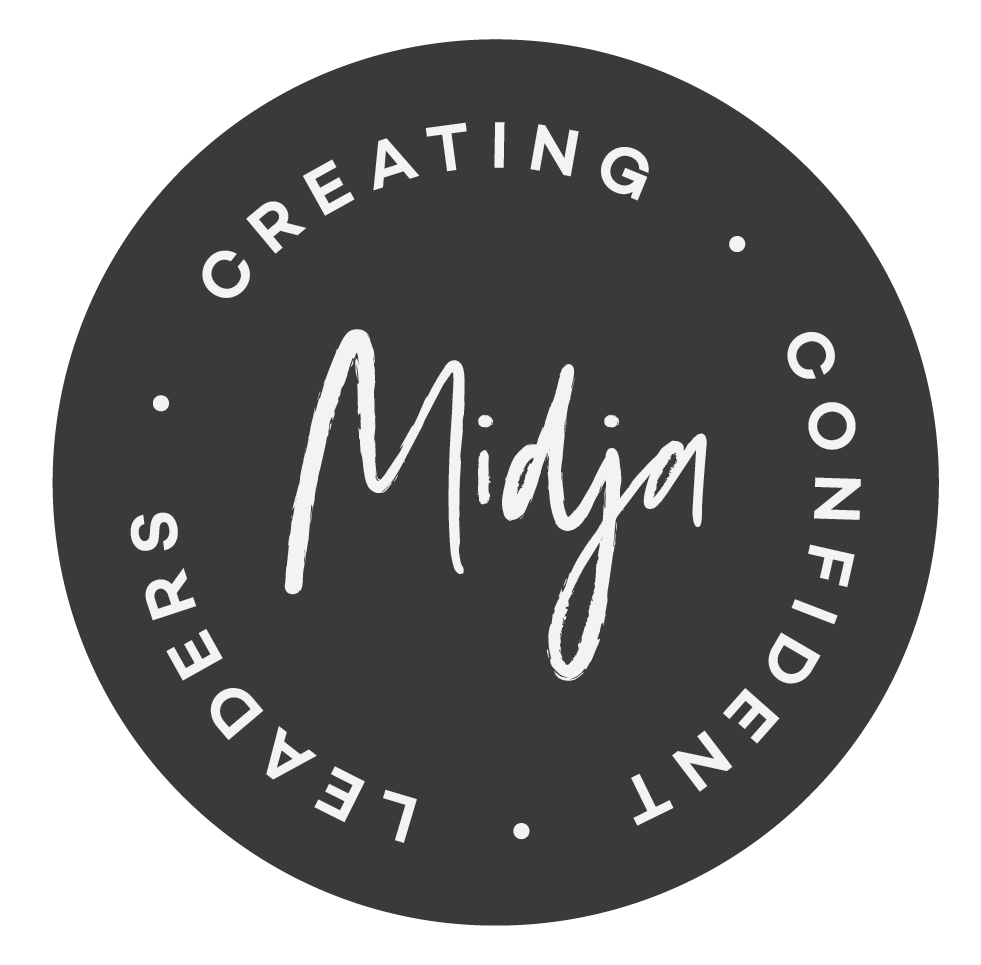What to Do When You Know That You Don’t Know
Do you want to step up into a leadership position?
Do you want to change roles or maybe change direction altogether in your career?
So, what’s stopping you?
I was reminded recently by a colleague of mine of the Four Stages of Learning or as it’s often referred to, the Conscious Competence Ladder.*
Like me, you’ve probably spent the time up until now in your career, honing your skills and gaining the knowledge you need to become an expert in your chosen career. I spent 20 years in the corporate world both as a lawyer and then as an in-house facilitator and coach. I was at the highest level on the ladder, unconsciously competent. I got to the stage where I didn't even have to think about what I was doing. It just came naturally. I could get up in the morning, facilitate a course, run an induction program, coach a colleague and not have to consciously think about what was I doing. It was sweet!
It feels good to be in this position. You feel confident and in control. The downside? You know your stuff so well, that you’re working from inside your comfort zone, where you’re not challenged and no longer growing. It’s a great spot to be in for a little while but you might get to the point where you want to try something new and take on a different challenge. Maybe you want to step up into a leadership position, open up your own business or re-train for a different career altogether.
When you take this bold leap out of your comfort zone, you step right back down the ladder to being unconsciously incompetent. You don’t know what you don’t know. The result of this? You feel optimistic, excited and ready to take on the challenge. No fear. You think to yourself, ‘I can do this!’ Motivation is up. Engagement and confidence is high.
But what happens? At some point, the bubble bursts.
You start to learn and gain some experience. You make mistakes. Things take you a long time to do. You might start getting negative feedback from your boss, colleagues and clients. You engage a mentor who asks you some tough questions that you don’t know the answers to. You look around and notice that others are ahead of you in this new game. They know more than you and they have a lot more experience.
I experienced this when I first set up my own leadership practice. I was ready to go - unconsciously incompetent. All smiles! Then I realised there was a whole lot more to this game that I just wasn’t aware of. Marketing, positioning, sales, social media, website development, invoicing, book publication, finance……wow!
This becomes the pivotal moment; your moment of choice. You feel extremely vulnerable. You’ve lost your confidence. You feel uncomfortable and out of your depth. Sometimes you just feel plain stupid. You hate feeling this way.
What makes it worse is that you’ve previously been at the top of your game. You’ve been the expert. You’ve been highly successful; recognised and rewarded. This change in feeling, can knock your confidence and can be downright scary.
If you want to keep moving forward, now is the time for you to push through the stage of feeling consciously incompetent. It takes courage to do this and sometimes it can feel a whole lot easier to going back to what you know and what you are good at. It can be so tempting.
So, here's what you need to remember during this time:
Acknowledge your feelings. Know that your feelings are completely normal and get comfortable with being uncomfortable.
Be open to learning from different sources. Don’t be afraid to ask for help. This is a new game for you.
Find yourself a mentor to clarify your next steps, work through any barriers and keep you accountable.
Follow your passion and remember the reason why you are doing what you are doing. Connect with your purpose.
Do the hard work. It’s hard work that will move you forward to becoming consciously competent. My mentor often says to me ‘Midja, you’re just on the wrong side of a whole lot of hard work!’ Hard to hear but true.
If you keep doing the hard work; if you stick to it; you will one day reach the top of the ladder again and become unconsciously competent in your new role.
It’s going to feel clunky at times and it’s going to take a whole lot of commitment but it’s absolutely worth it. You’ll get back that feeling of control and confidence and you’ll be willing to learn more and step even further outside of your comfort zone.
Happy Monday!
Midja x
* This model was developed by Noel Burch, an employee with Gordon Training International in the 1970s. The model highlights two factors that affect our thinking as we learn a new skill: consciousness (awareness) and skill level (competence). According to the model, we move through the following levels as we build competence in a new skill:
1. Unconsciously incompetent – we don't know that we don't have this skill, or that we need to learn it.
2. Consciously incompetent – we know that we don't have this skill.
3. Consciously competent – we know that we have this skill.
4. Unconsciously competent – we don't know that we have this skill (it just seems easy).
